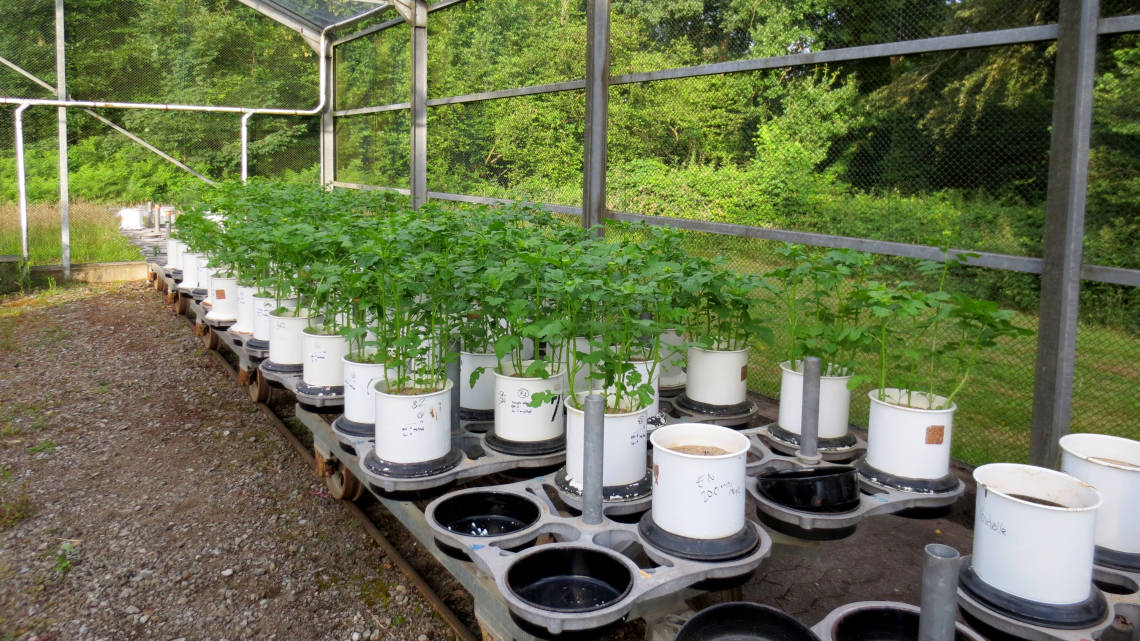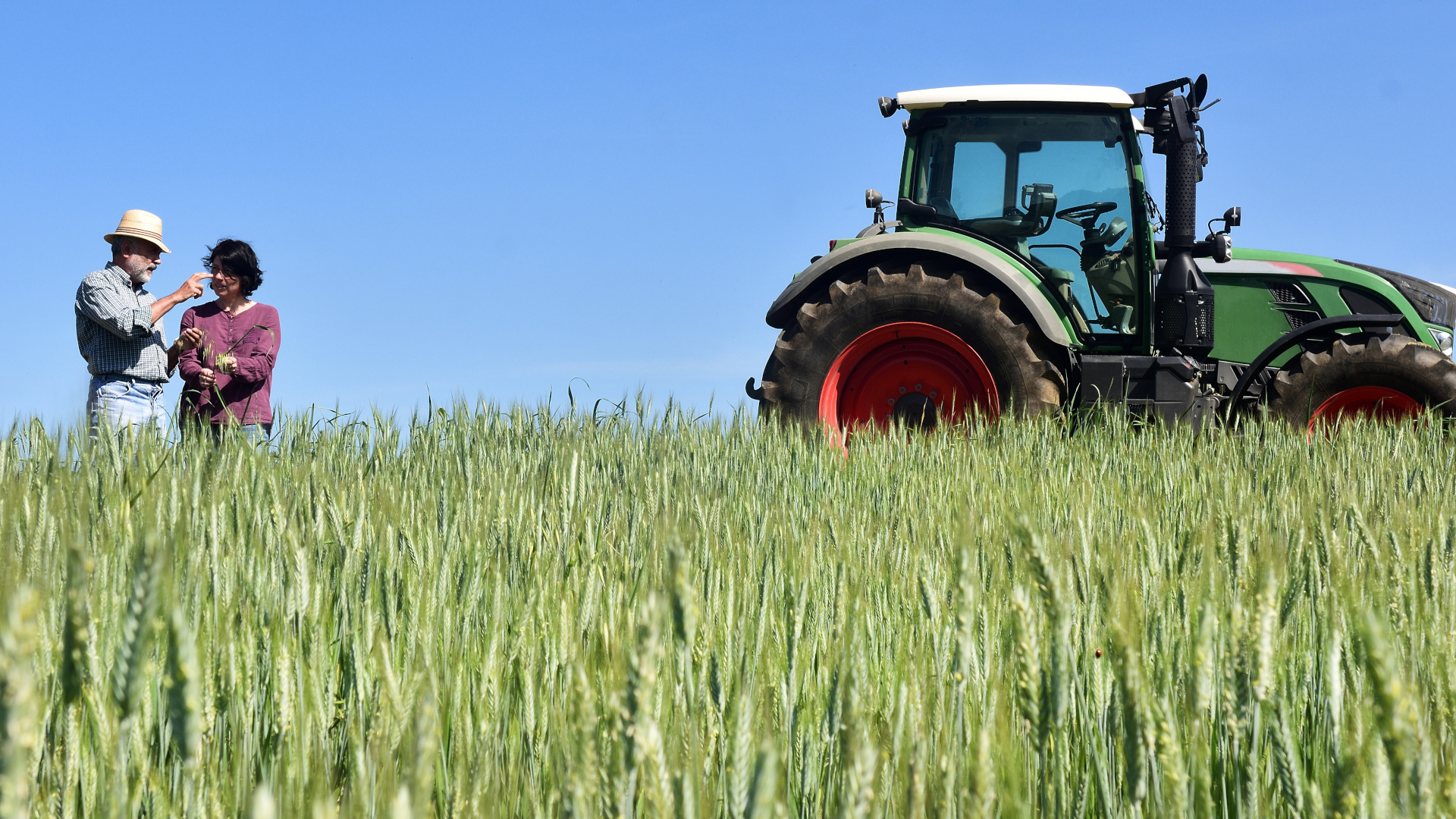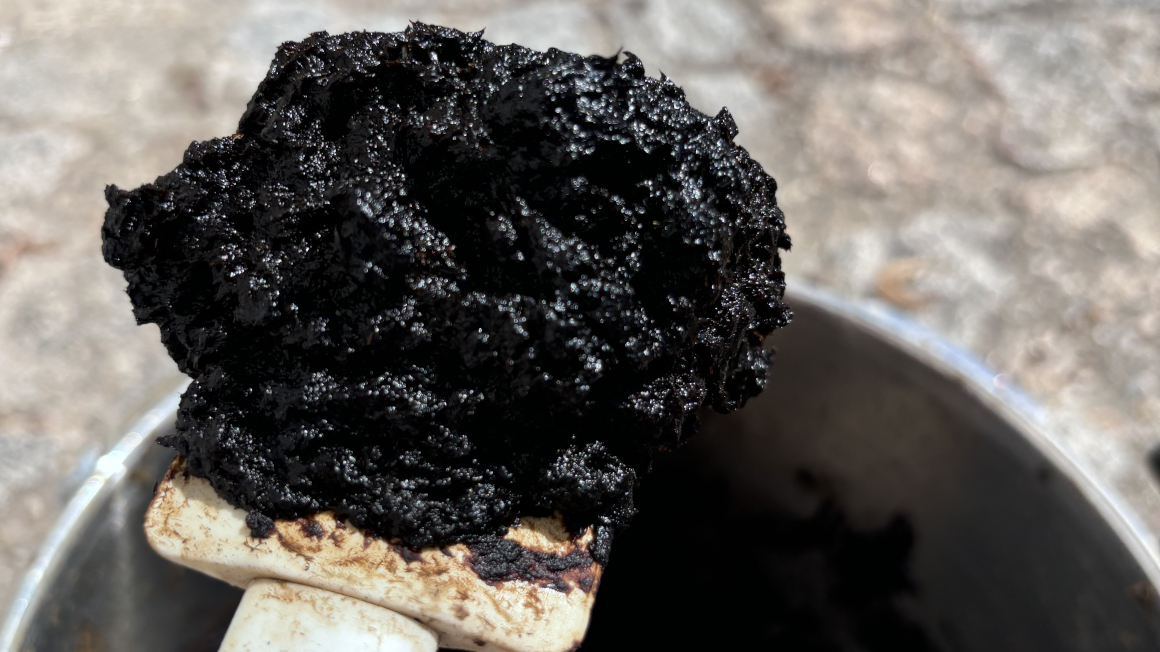Putting biobased fertilizer to the test
Together with European partners, researchers from the Julius Kühn Institute are investigating how far feedstocks for biobased fertilizers are contaminated with pollutants.

In agriculture, mineral fertilizers play an important role in supplying plants with nutrients. But these fertilizers are problematic as both their energy-intensive production and import are harmful to the climate. In addition, the reserves that can be economically exploited are limited and will probably be exhausted within a few decades. Biobased fertilizers are therefore becoming increasingly important - but they too can have their problems.
Identifying alternative material flows
At present, organic fertilizers from liquid and solid manure, sewage sludge and fermentation residues are mainly used in Europe. In the EU research project LEX4BIO, scientists from the Julius Kühn Institute (JKI) in Braunschweig now want to identify further suitable material flows such as waste from paper and wood processing companies. The various alternatives will then be examined to determine their nutrient content and any organic contaminants.
Determining organic pollutants
"These include, for example, pharmaceutical residues, and we have specialized in the analysis of antibiotics residues. We are also planning to further develop ecotoxicological methods in order to be able to assess the possible risks of various fertilizers," explains Elke Bloem of JKI. To this end, the researchers are using plant containers to analyze how the different fertilizers affect plant growth and soil life.
Promoting a circular economy
On the one hand, the project aims to develop the technologies required to produce safe biobased fertilizers. This is also intended to promote the circular economy. On the other hand, the researchers also want to advance the EU-wide harmonization of soil analytical methods. The EU is funding the project in the "Horizon 2020" program over four years with a total of 6 million euros. 21 partners from 14 countries are contributing to the project.
bl/um


